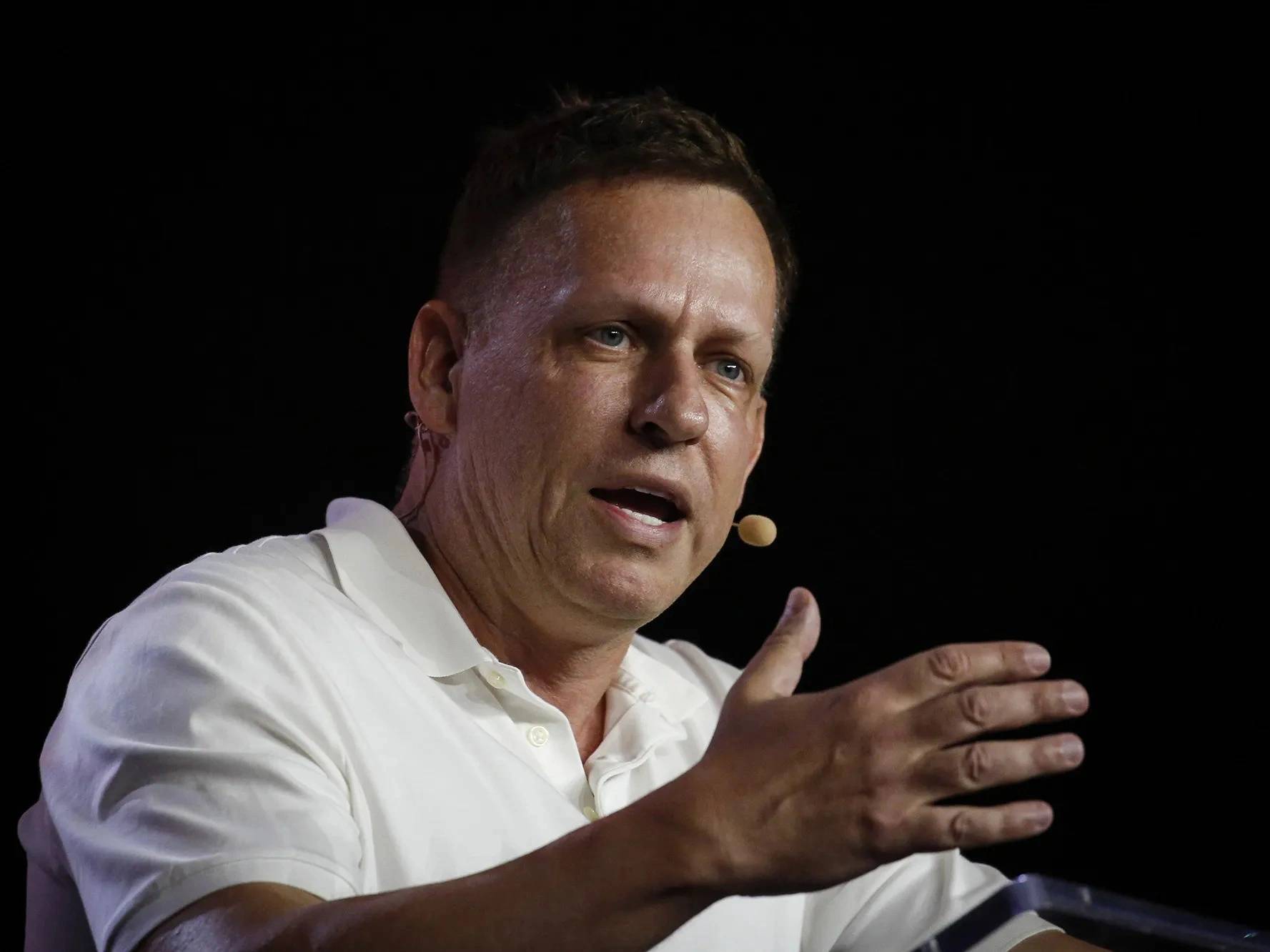위키 구독하기
Share wiki
Bookmark
Tony McLaughlin
0%
Tony McLaughlin
Tony McLaughlin은 스테이블코인 청산 시스템인 Ubyx Inc.의 설립자이자 CEO이며, 이전에는 Citigroup에서 규제 책임 네트워크(RLN) 개념을 설계했습니다. [1] [2]
교육
Tony McLaughlin은 1982년부터 1988년까지 St. Columba’s High School에 다녔습니다. 이후 Heriot-Watt University에서 경영 조직 학사 학위(우등)를 1992년에 취득했습니다. [15]
경력
Citigroup 및 규제 책임 네트워크
McLaughlin은 글로벌 금융 기관인 Citigroup에서 약 20년 동안 근무하며 결제, 외환 및 기업 자금 관리 분야에서 베테랑으로 자리매김했습니다. 재직 기간 동안 그는 은행의 디지털 자산 및 블록체인 기술 탐구에서 핵심 인물이 되었습니다. 그의 가장 주목할 만한 기여는 규제 책임 네트워크(RLN)에 대한 비전을 창조한 것입니다. RLN은 분산 원장 기술(DLT)을 기반으로 하는 공유 금융 시장 인프라에 대한 개념적 프레임워크입니다. 이 네트워크는 상업 은행의 토큰화된 예금, 중앙 은행 디지털 통화(CBDC) 및 규제된 스테이블코인을 포함한 다양한 형태의 규제된 디지털 화폐의 원활한 공존과 상호 운용성을 허용하도록 설계되었습니다.
McLaughlin의 지도하에 개발된 RLN 개념은 글로벌 금융 커뮤니티 내에서 상당한 견인력을 얻었습니다. 이는 미래의 금융 시장 인프라에 대한 유사한 원칙을 탐구하는 국제결제은행(BIS)의
잘못된 내용이 있나요?
